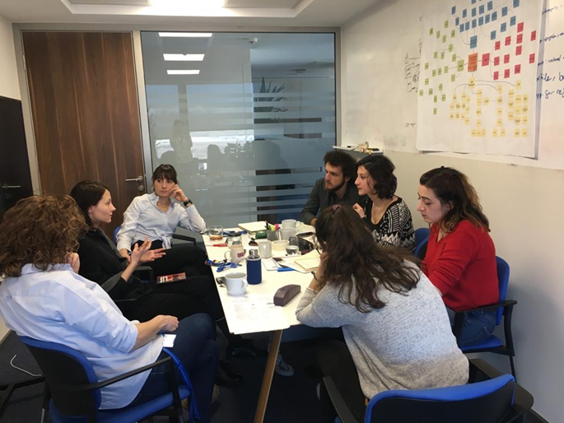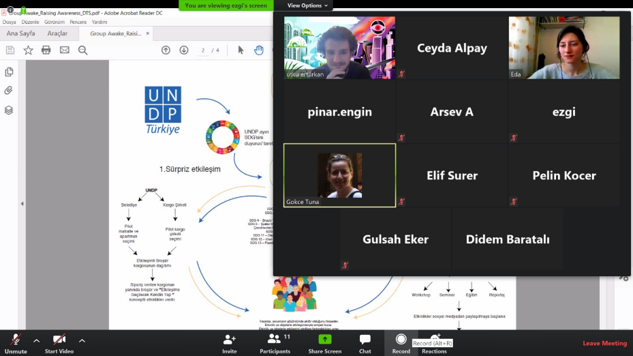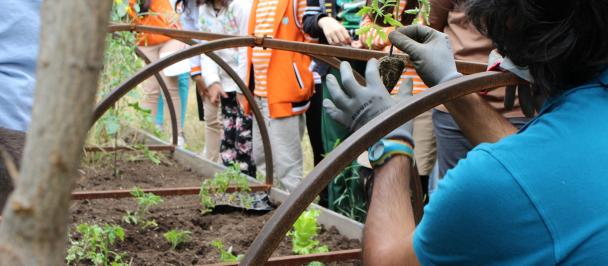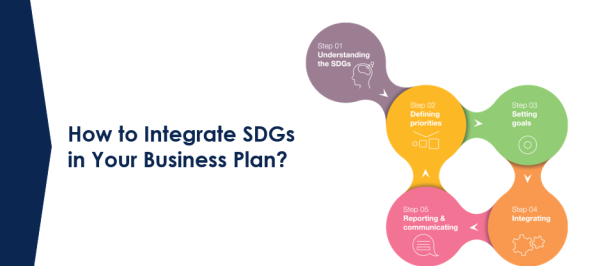Meeting with a group of IDS students at the AccLab office in Ankara
METU Design Factory in Ankara aims to facilitate interactions among researchers and students from various disciplines to develop innovative solutions. The Design Factory has been running an Interdisciplinary Design Studio (IDS) since 2017 with the help of external mentors who set challenges to be solved.
IDS is an elective course which runs for one semester and selected students work in groups of four or five to redefine real-life problems and come up with innovative solutions. As the name suggests, it is a design-thinking course in which students use various methods and tools under the mentorship of professors and collaborators.
Since the initiative is about innovation and design thinking, we at AccLab Turkey were interested in exploring in what way we could utilize the talent available in this programme. So, we decided to take part in it by providing students with two challenges, namely Ghost Spaces and Public Awareness Raising on SDGs.
This is where the journey begins.
Ghost spaces are underutilized public spaces in an urban area. You probably have seen public spaces in cities that seem to be abandoned. There can be many reasons for this phenomenon such as lack of interesting features, improper use, or careless design.
A specific ghost space in Ankara, Turkey was selected for the team of students to work on, conduct their field study and produce a prototype at the end of the process. Our real customer need for this project is that this ghost space is to be transformed, and start to attract members of the public, and it should be accessible, inclusive, acceptable, and sustainable. The group working on this challenge consists of design, math, and business students whose conversations we find very exciting. They discuss how this place can be accessible by disabled people while taking into account the pigeons which are frequent visitors of the space currently.
The other challenge that AccLab provided is Public Awareness Raising on SDGs. Here, the students are expected to create a solution to increase public awareness on SDGs and they have been asked to focus on how to encourage people to take action. The empathy principle will play a key role among other design thinking principles (define, ideate, prototype and test) during this work.
Both groups are currently working to come up with solutions by using design-thinking methods. By weekly follow-up meetings with students, we provide them with feedback without directing them to any solutions which is the hardest part - guiding them without addressing any specific solution, which will make our journey to end up with a solution that AccLab can come up with itself and will interrupt the defining the problem stage of design thinking approach, was a challenge for us as well -.
Examples from group presentations
Each week students make progress towards the solution under the guidance of their academic mentors. They present their mind maps, introduce the imaginary personas created, etc. Their weekly activities include desk research, field visits, interviews, surveys, and market research.
Then the Quarantine Days started.
During the Quarantine Days in response to the Covid19 pandemic that started in mid-March this year in Turkey, universities continued their courses through online platforms. Luckily, both student groups that are working with the AccLab had already completed their field studies by the time the lockdown started. So, we just transferred our meetings to online. This is how it looked like:
Meeting with a group of IDS students in Zoom
The quarantine did not stop the wheel rolling so we expect to have our prototypes by the end of May 2020 (end of school semester) as it was planned.
The motivation behind this partnership is to keep young people on the SDG agenda, coaching them, as well as having prototypes with the involvement of academics who specialize in design thinking. Whereas students’ motivation is to be able to do something for development, even if it is only for a short while, there is potential for their solutions to be implemented or experimented and eventually scaled up.
Stay tuned for the prototypes!

 Locations
Locations





